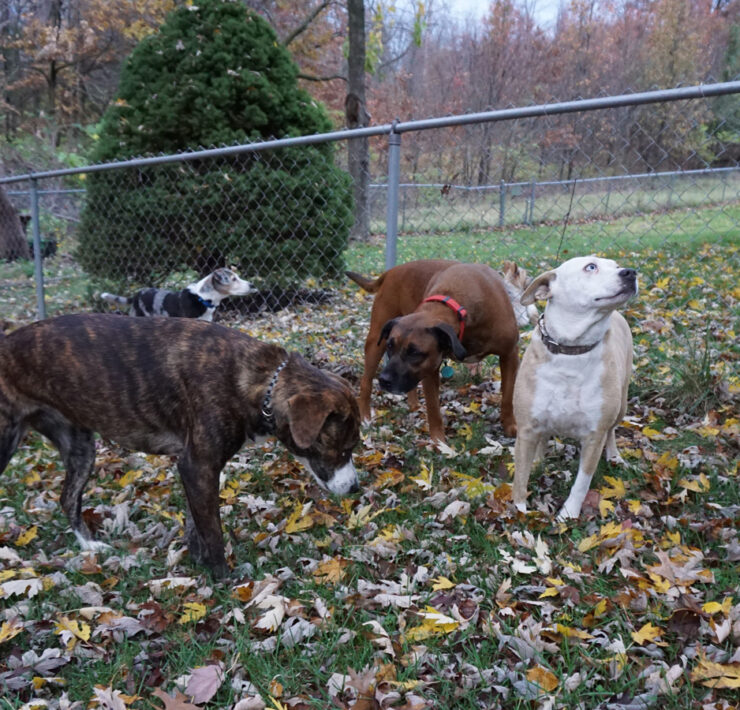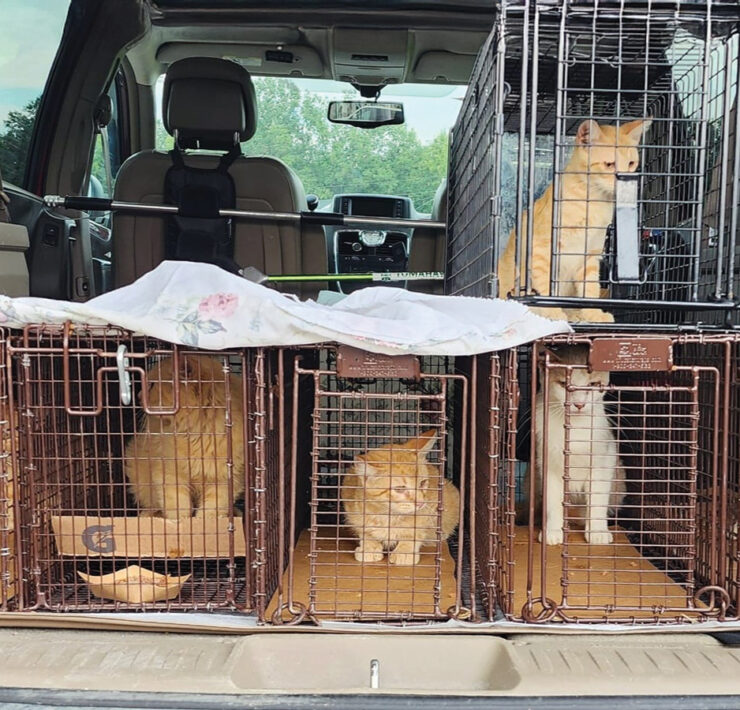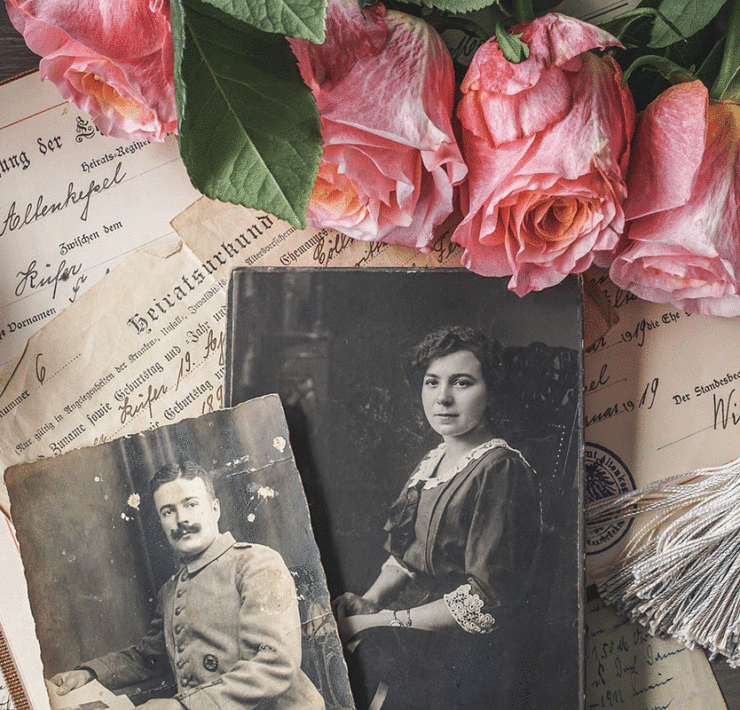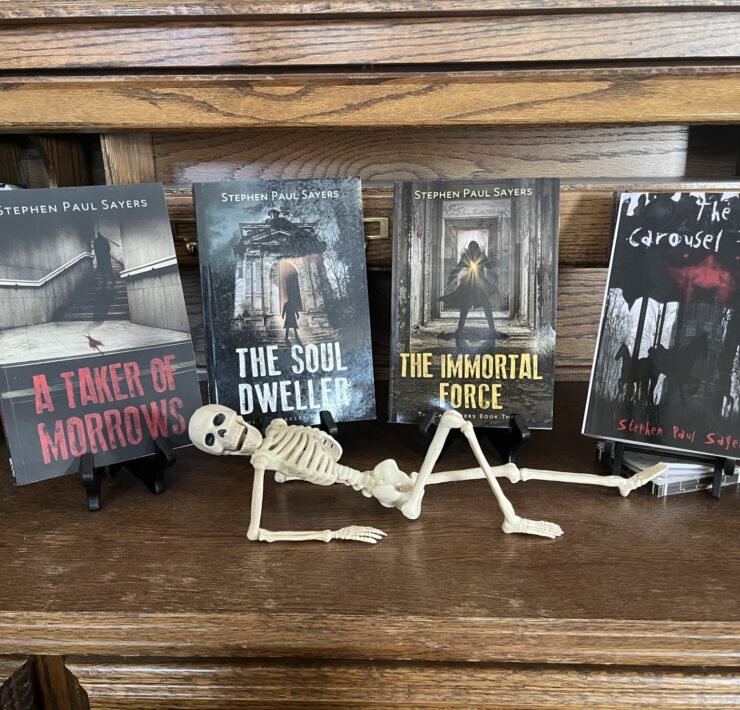Retrieving Freedom: Enhancing Lives One Dog at a Time
- "Retrieving Freedom" originally appeared in the November 2024 "Impact" issue of COMO Magazine.
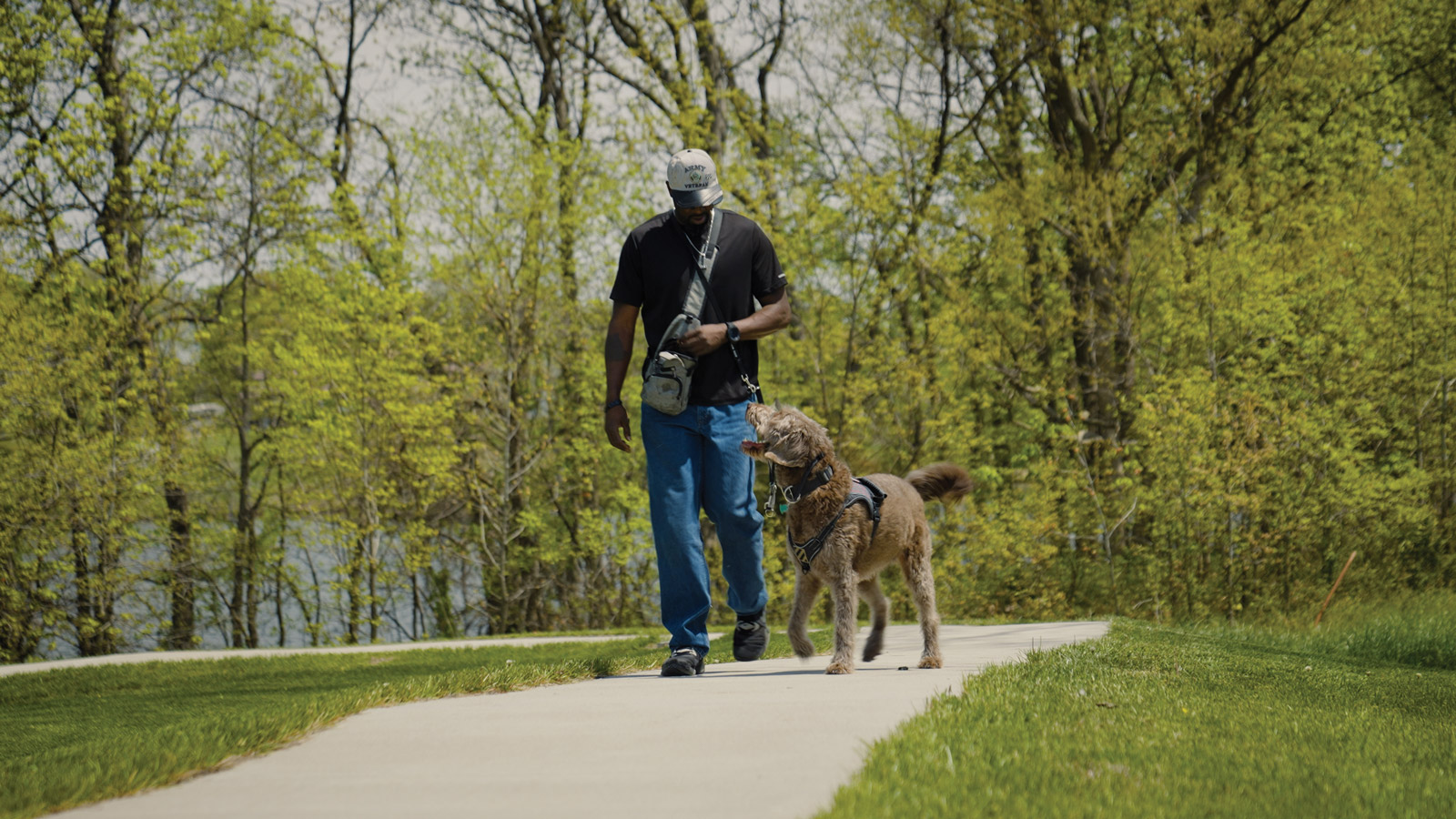
Visiting a grocery store is an everyday activity many people do without a second thought. They open doors and pick out produce, and they do so without being overwhelmed. But that is not the reality for every person. Some folks need a helping hand or, in some cases, a helping paw.
Retrieving Freedom is a service dog organization providing support to veterans with mental or physical disabilities as well as children with autism.
“Anybody that has ever owned a dog has an understanding of their natural ability to recognize our emotions. Our dogs know when we’re happy, and our dogs know when we’re sad,” said Brandon Butler, the chief executive officer of Retrieving Freedom’s Missouri facility. “What we’re able to do through our scientific training program is harness the dog’s natural abilities for good.”
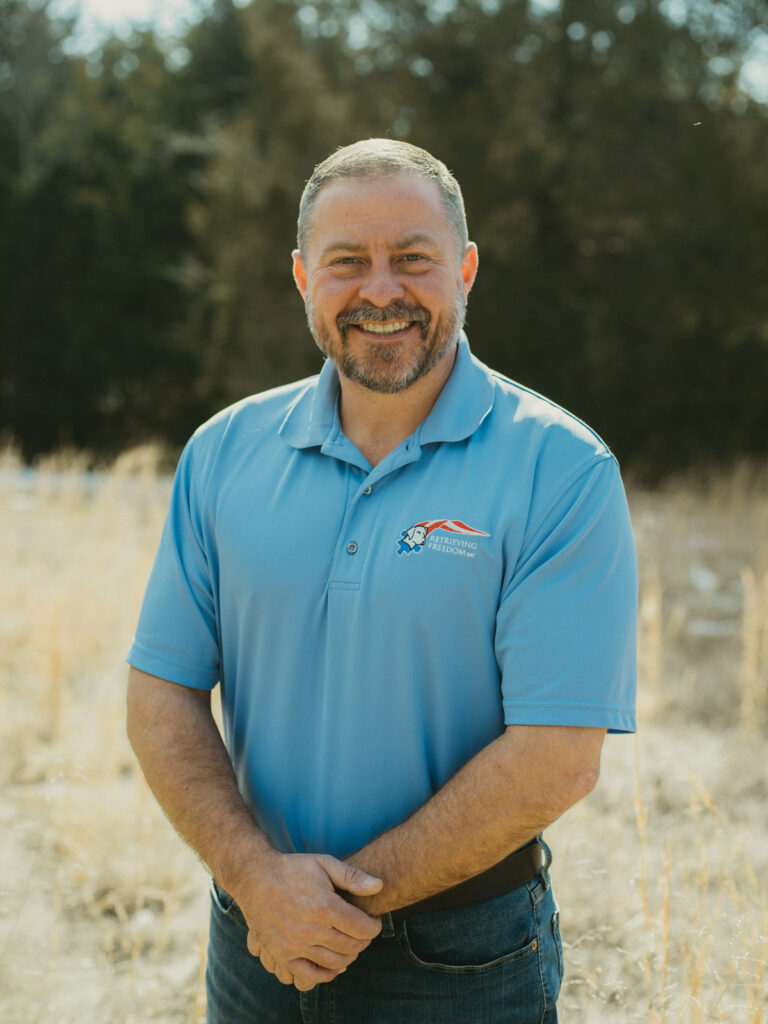
Butler was motivated to join Retrieving Freedom after visiting its Missouri facility in Sedalia. There, he met 75-year-old Vietnam veteran Ivan and his wife, Mary Jo. The couple was in residence training with their new service dog. Ivan suffers from post-traumatic stress disorder (PTSD), one of the most prevalent mental disorders among U.S. veterans. Mary Jo had served as Ivan’s caretaker for more than forty years, which was taxing on their lives. The assistance of a service dog allowed Ivan to reclaim independence and autonomy, and enabled Mary Jo to relax and enjoy her life, knowing Ivan was taken care of.
While the overlap between veterans with PTSD and autistic children is not apparent, there are many overlapping symptoms, including anxiety, flare-ups, and anger fits. Service dogs can recognize those triggers and soothe their owners by applying different levels of pressure. That pressure releases happy hormones and lowers stress, which can help owners navigate their lives.
Retrieving Freedom service dogs can physically assist with twenty-eight actions, such as pulling wheelchairs, pushing plates to open doors, turning off and on light switches, and even picking up credit cards from concrete.
The U.S. Department of Veterans Affairs (VA) noted that the risk of suicide is almost 72 percent greater in the veteran adult population than that of non-veteran adults. Missouri consistently tops the list of veteran suicide rates. Butler said that many veteran clients come to Retrieving Freedom as a last resort, but the service dogs give them new purpose. Every veteran placed with a Retrieving Freedom service dog is still alive today.
Much like Mary Jo, parents of autistic children regain parts of their own lives with the security of a service dog. Eloping, where a child will abruptly depart — such as running across a busy street without checking traffic — is a common fright for autistic children’s parents. A service dog, tethered to a child, acts as an anchor to prevent the child from running into harm.
It takes two years and an investment of $50,000 to train one of Retrieving Freedom’s service dogs. Retrieving Freedom starts training before a dog is born with its in-house breeding program, ensuring the dogs have the correct temperament for the job ahead.
One hundred percent of the cost of the dog and living accommodations during training are free to veterans. Retrieving Freedom is chiefly funded by private donations, including individual donors and corporate sponsors. The VA also helps cover some expenses. To receive VA support, Retrieving Freedom must maintain an accreditation from Assistant Dogs International.
“If there is anything we need help with right now, it is finding more foster families and more foster opportunities for our puppies,” Butler said.
Puppies in service training need to be housed somewhere and be taken to monthly classes. Butler has found great collaboration with the elderly community that may want companionship but cannot commit to a decade-long relationship with an animal.
“Be part of a process that ultimately changes people’s lives. You and this dog are providing integral aspects of this program to help ultimately change or save a life,” said Butler.



